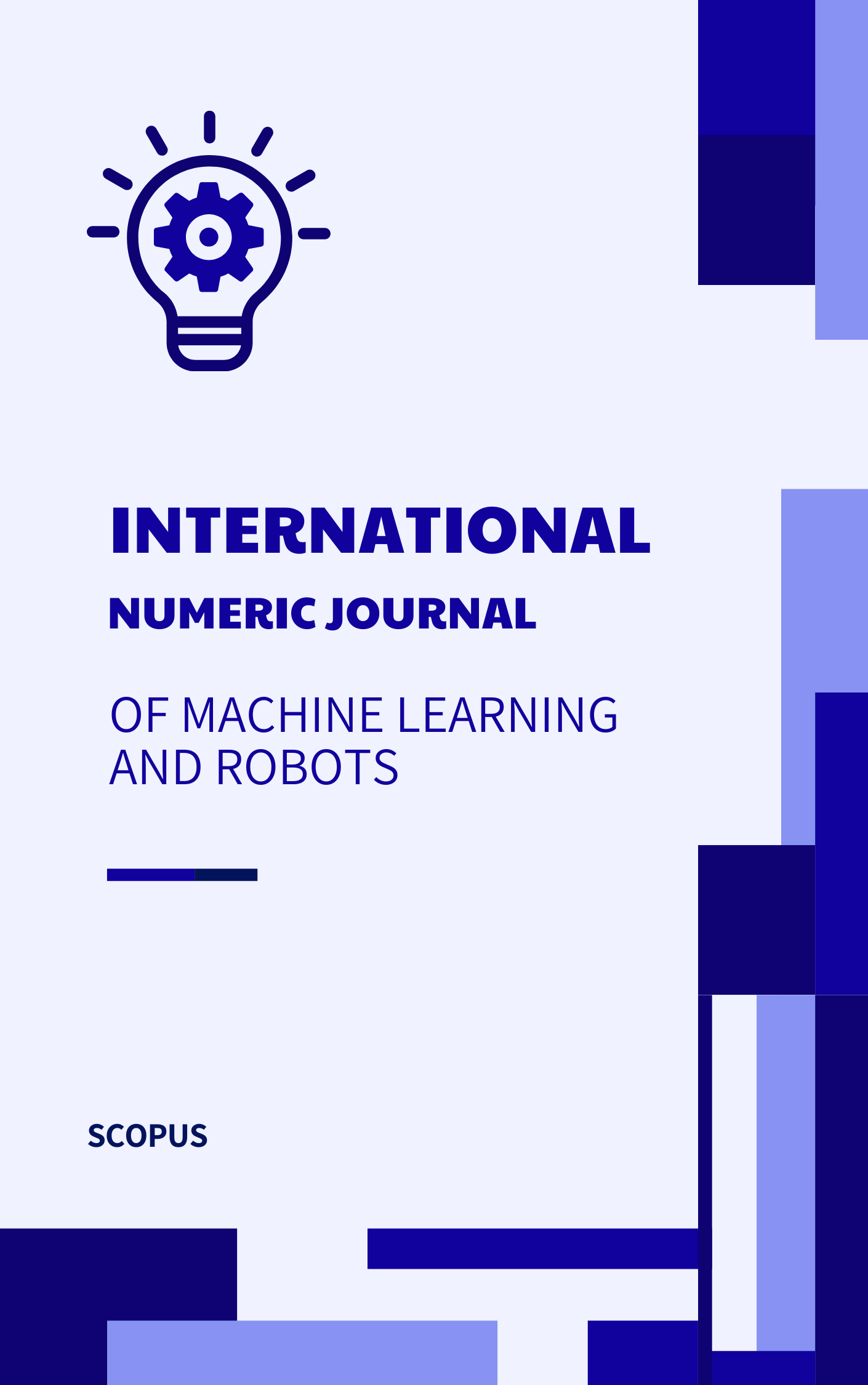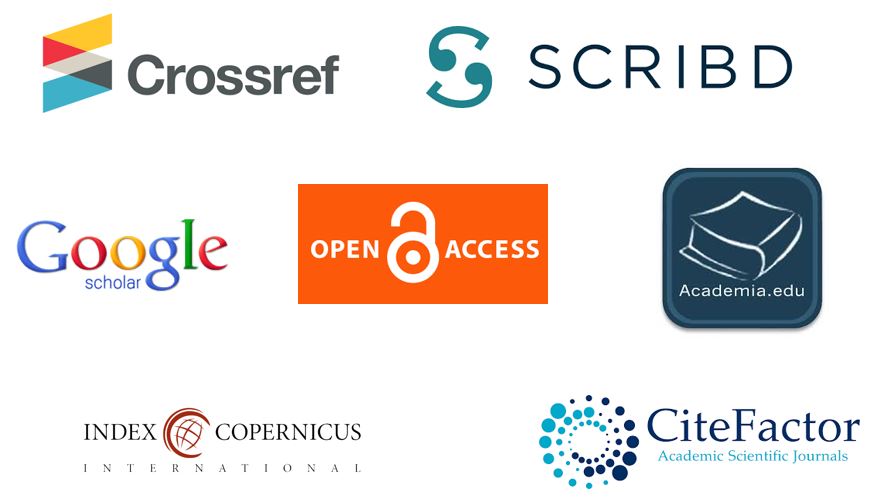Empowering Machine Learning Operations with a Unified Data Ingestion Platform for Operational Excellence
Abstract
Traditional data ingestion methods often encounter challenges such as data silos, inconsistency, and scalability issues, which can hinder the performance of ML operations. This paper proposes a unified data ingestion platform designed to empower ML
operations by addressing these challenges. The platform leverages advanced data integration techniques, real-time processing capabilities, and robust data management frameworks to streamline the ingestion process. Key features of the platform include automated data collection from diverse sources, seamless integration with various ML tools and frameworks, and scalable infrastructure that ensures high availability and reliability. By consolidating data from disparate systems into a cohesive and manageable pipeline, the platform enhances data quality and accessibility, thereby facilitating more accurate and timely ML model training and deployment. The implementation of this unified data ingestion platform has demonstrated significant improvements in operational efficiency, including reduced latency in data processing, enhanced model accuracy due to higher quality data, and streamlined workflows that minimize manual intervention. The case studies presented highlight the practical benefits and measurable outcomes of adopting this platform, showcasing its potential to transform ML operations into a more agile, responsive, and data-driven process. This paper concludes by discussing future directions and potential enhancements to the platform, emphasizing the importance of continuous innovation in data ingestion practices to keep pace with the growing demands of ML applications. In the evolving landscape of machine learning operations (MLOps), the efficiency and effectiveness of data ingestion processes play a pivotal role in achieving operational excellence. This paper introduces a unified data ingestion platform designed to streamline and enhance MLOps by addressing the challenges associated with data integration, quality, and accessibility. The proposed platform leverages advanced technologies and methodologies to facilitate seamless data flow from diverse sources, ensuring that machine learning models are fed with high-quality and timely data. Key features of the platform include automated data validation, scalable architecture, and robust data governance, all of which contribute to reducing latency and improving the overall performance of machine learning workflows. Case studies and empirical evaluations demonstrate the platform’s impact on accelerating model training, deployment, and monitoring processes. By adopting this unified data ingestion platform, organizations can achieve significant improvements in operational efficiency, data reliability, and analytical insights, thereby driving more informed decision-making and fostering a culture of continuous innovation in MLOps.
References
D. Kreuzberger, N. Kühl, and S. Hirschl, "Machine Learning Operations (MLOps): Overview, Definition, and Architecture," IEEE Access, vol. 11, pp. 31866–31879, 2023.
J. Meehan, C. Aslantas, S. Zdonik, N. Tatbul, and J. Du, "Data Ingestion for the Connected World," in CIDR, vol. 17, pp. 8–11, Jan. 2017.
S. Castano and V. De Antonellis, "Global viewing of heterogeneous data sources," IEEE Trans. Knowl. Data Eng., vol. 13, no. 2, pp. 277–297, Mar./Apr. 2001.
Y. Y. R. Wang, R. Y. Wang, M. Ziad, and Y. W. Lee, Data Quality, vol. 23. New York, NY, USA: Springer, 2001.
Z. Zheng, P. Wang, J. Liu, and S. Sun, "Real-time big data processing framework: challenges and solutions," Appl. Math. Inf. Sci., vol. 9, no. 6, pp. 3169–3176, 2015.
R. Abraham, J. Schneider, and J. Vom Brocke, "Data governance: A conceptual framework, structured review, and research agenda," Int. J. Inf. Manage., vol. 49, pp. 424–438, Dec. 2019.
G. Sivathanu, C. P. Wright, and E. Zadok, "Ensuring data integrity in storage: Techniques and applications," in Proc. 2005 ACM Workshop Storage Security Survivability, 2005, pp. 26–36.
B. R. Hiraman, "A study of Apache Kafka in big data stream processing," in Proc. 2018 Int. Conf. Inf., Commun., Eng. Technol. (ICICET), 2018, pp. 1–3.
P. Carbone, A. Katsifodimos, S. Ewen, V. Markl, S. Haridi, and K. Tzoumas, "Apache Flink: Stream and batch processing in a single engine," Bull. Tech. Comm. Data Eng., vol. 38, no. 4, 2015.
A. R. Munappy, J. Bosch, and H. H. Olsson, "Data pipeline management in practice: Challenges and opportunities," in Proc. 21st Int. Conf. Product-Focused Softw. Process Improve. (PROFES), Turin, Italy, 2020, pp. 168–184.
K. Y. Jeong and D. T. Phillips, "Operational efficiency and effectiveness measurement," Int. J. Oper. Prod. Manage., vol. 21, no. 11, pp. 1404–1416, 2001.
D. J. Abadi, "Data management in the cloud: Limitations and opportunities," IEEE Data Eng. Bull., vol. 32, no. 1, pp. 3–12, Mar. 2009.
S. Bag, L. C. Wood, L. Xu, P. Dhamija, and Y. Kayikci, "Big data analytics as an operational excellence approach to enhance sustainable supply chain performance," Resour. Conserv. Recycl., vol. 153, p. 104559, 2020.
C. Ebert, G. Gallardo, J. Hernantes, and N. Serrano, "DevOps," IEEE Softw., vol. 33, no. 3, pp. 94–100, May/Jun. 2016.
T. Rangnau, R. V. Buijtenen, F. Fransen, and F. Turkmen, "Continuous security testing: A case study on integrating dynamic security testing tools in CI/CD pipelines," in Proc. 2020 IEEE 24th Int. Enterprise Distrib. Object Comput. Conf. (EDOC), 2020, pp. 145–154.
N. Kühl, M. Schemmer, M. Goutier, and G. Satzger, "Artificial intelligence and machine learning," Electron. Markets, vol. 32, no. 4, pp. 2235–2244, Dec. 2022.





